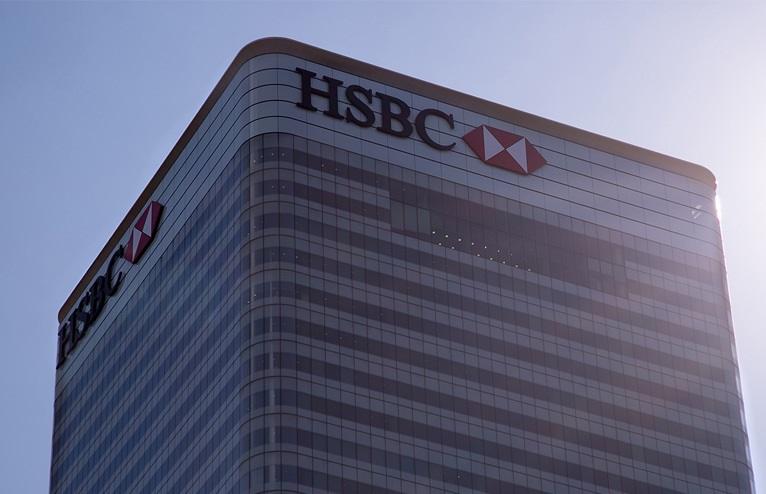
HSBC Pushes Back Net Zero Goals by 20 Years

HSBC revealed today a series of major changes to its climate goals, including a decision to push back its 2030 target to achieve net zero emissions in its operations and supply chain by 20 years, citing the “slower pace of the transition across the real economy,” in areas including climate technology, energy transition, and government policy.
The bank also announced that it is placing its interim targets to reduce financed emissions in key carbon-intensive industries under review, noting a “slower than envisioned” pace of decarbonization globally impacting its ability to reach its goals.
HSBC initially set its climate goals in 2020, including a commitment to reach net zero carbon emissions in its own operations and supply chain by 2030, and to align its financing activities with the goals of the Paris Agreement.
In its 2024 annual report released today, however, the bank said that while it is on track to reduce its operational Scope 1 and Scope 2 emissions by 90% by 2030, its progress on reducing Scope 3 supply chain emissions has been slower than anticipated. HSBC said that, due primarily to slow decarbonization progress in the real economy, it now expects to achieve a 40% reduction in operational and supply chain emissions by 2030, and the bank is now targeting net zero in 2050.
In the report, HSBC said:
“We have always recognised that the transition would not be linear. Yet while the transition has progressed, the global pace of change remains insufficient. As the UN’s latest Emission Gap report recently warned, current government policies, conventional energy demand, clean technology adoption, and wider consumption patterns are not yet aligned with the Paris Agreement goal of holding the temperature increase to well below 2°C above pre-industrial levels and pursuing efforts to limit the temperature increase to 1.5°C above pre-industrial levels.”
Following HSBC’s commitment to align its financing activities with global climate goals, the bank set a series of interim 2030 targets to reduce its financed emissions footprint within its top carbon-intensive sectors, including oil & gas, power and utilities, thermal coal mining, cement, iron, steel & aluminum, automotive and aviation.
In its update, however, HSBC said that “there are fundamental prerequisites, outside of our control, which impact our ability to meet our 2030 interim financed emissions targets and ultimately reach our net zero ambition.” Specific factors cited by the bank holding back progress included “technological advancements, diversification of the energy mix, market demand for climate solutions, evolving customer preferences, and government leadership and effective policy.”
HSBC added that “to the extent our customers are facing challenges, especially in light of the slower pace of the transition, there is no real benefit to society in simply sending those customers to another organisation that may be less committed to supporting their transition.”
In light of these factors, HSBC said that it has started a review of its 2030 financed emission goals, with the results of the review anticipated to be released in the second half of 2025, with the planned update of its net zero transition plan.
HSBC did note progress, however, towards its goal, also set in 2020, to provide and facilitate $750 billion to $1 trillion of sustainable finance by 2030, reaching $394 billion since 2020, including $99 billion in 2024.
In the report, HSBC added:
“We remain committed to net zero, recognising it is a priority for our customers to support their growth and prosperity over the long term. While no single actor can drive the transition alone, we will continue to actively look for opportunities to support our customers’ transition and engage in the ongoing efforts to achieve the goals of the Paris Agreement.”